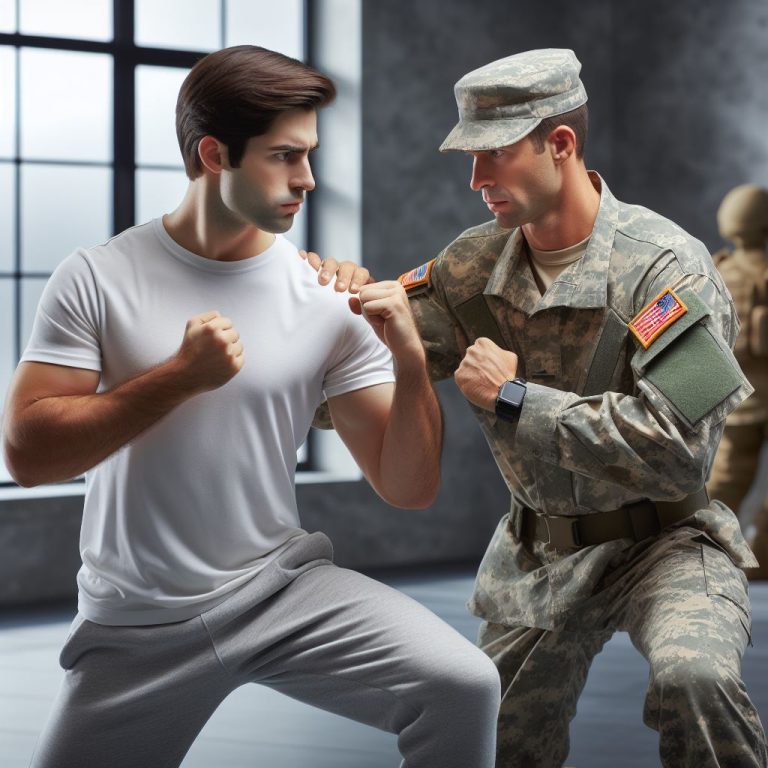Self-defense is not just about physical techniques; it’s a dynamic interplay between the body and the mind. To truly master the art of self-defense, one must delve into the realms of self-defense psychology. This article explores the intricate connection between fear and response, shedding light on the mental aspects that play a pivotal role in effective self-defense strategies.
The Psychology of Fear
Fear is a natural and instinctive response to perceived threats. Understanding how fear operates in the mind is crucial for effective self-defense. When confronted with danger, the brain activates the amygdala, the emotional center responsible for processing fear. This triggers a cascade of physiological responses, such as an increased heart rate, heightened alertness, and the release of stress hormones like adrenaline.

Recognizing and managing these fear-induced reactions is fundamental to navigating self-defense scenarios.
- The Fight, Flight, or Freeze Response: The fight, flight, or freeze response is an evolutionary adaptation designed to enhance survival. In a self-defense context, individuals may instinctively choose to confront a threat (fight), escape from the situation (flight), or become immobilized (freeze). Understanding how these responses manifest and learning to harness them appropriately empowers individuals to make split-second decisions in high-pressure situations.
- The Role of Perception: Perception plays a crucial role in self-defense psychology. How a person perceives a situation influences their emotional and physiological response. Training the mind to accurately assess threats, differentiate between real and perceived dangers, and remain calm under pressure is vital for effective self-defense.
- Building Confidence and Mental Resilience: Confidence is a powerful ally in self-defense. Building mental resilience through training, scenario simulations, and positive reinforcement can help individuals confront fear, reduce anxiety, and make more effective decisions in threatening situations. The mind, when fortified with confidence, becomes a potent weapon in its own right.
The Psychology of Response
Understanding the psychology of response goes beyond recognizing fear; it involves honing the ability to respond effectively to various threats. This includes mastering situational awareness, recognizing pre-attack indicators, and developing a strategic mindset.
- Situational Awareness: Situational awareness is the foundation of effective self-defense. It involves being attuned to one’s surroundings, understanding potential threats, and recognizing escape routes. Training the mind to maintain a heightened state of awareness enables individuals to proactively respond to potential dangers, reducing the element of surprise.
- Pre-Attack Indicators: Criminals often exhibit pre-attack indicators, subtle cues that signal their intentions. Learning to recognize these signs through observation and intuition empowers individuals to take preventive action. Self-defense psychology emphasizes the importance of trusting one’s instincts and reacting promptly when sensing a potential threat.
- Developing a Strategic Mindset: Self-defense is not just about physical combat; it involves outsmarting the adversary. Developing a strategic mindset involves anticipating potential threats, planning escape routes, and assessing the environment for available resources. Training the mind to think strategically enhances the effectiveness of self-defense responses.
Conclusion
Mastering self-defense goes beyond physical prowess; it involves understanding the intricacies of fear and response embedded in the human psyche. By unraveling the mysteries of self-defense psychology, individuals can cultivate mental resilience, sharpen their awareness, and respond strategically to threats.
Ultimately, a holistic approach to self-defense acknowledges the symbiotic relationship between the body and the mind, empowering individuals to navigate the complexities of the real world with confidence and skill.




